Basic Guidelines on Exporting Cement from Nigeria
Basic Guidelines on Exporting Cement from Nigeria
Nigeria is one of the largest producers of cement in Africa. However, many countries are now looking to import cement from Nigeria due to the high cost of production and low quality. This is because there are no guidelines on how to produce quality cement. Here, are some basic guidelines on exporting cement from Nigeria that will help you sell your product internationally while maintaining a high standard of production.
The Essence of a Quality Cement
The quality of cement depends on the raw materials, equipment, and production process. Let’s examine some of the most important factors that make cement good.
The raw materials are some of the most important raw materials in cement production. They must be clean, sound, and durable. It is also important to ensure that the raw materials are of high quality.
The equipment used in production is also critical to cement quality. Raw materials need to be fed into the equipment quickly and at the right temperature. Furthermore, the speed of the machine must be carefully monitored for consistency.
Lastly, the process of production is an essential part of cement quality. The heat of firing should be monitored and maintained at a high temperature for an extended period of time. Mortar must also be sealed off to ensure that it does not come into contact with oxygen or water.
Once you have mastered these three factors, you will have excellent quality cement.
Guidelines for Exporting Cement from Nigeria
1. Make sure you have an updated list of your suppliers.
2. Designate a contact person to deal with the client.
3. Make sure that the client has placed an order before you start production.
4. Be conscious of the quality of the cement you are producing.
5. Keep in mind that your product should not be too expensive for your client to purchase.
6. Carry out a training for your employees on how to produce quality cement, so they can produce it to completion even when you are not around.
7. Be honest with your clients by informing them about the price of your product, so they are aware of the true cost before making a purchase decision.
8. Make sure you have proper packaging for your finished product ready to ship out to your clients.
9. Track the cement production process every step of the way, so that there are no errors in quality control or production that can be noticed before it is too late to fix them.
10. Have easy-to-read labels on all containers of cement, so there is no confusion about where it is coming from or what type of cement it is.
11. Always document the production process, so you have a detailed
What to Consider When Designing a Plant
The first step of exporting cement from Nigeria is to design a plant that is able to produce the high-quality cement that international buyers are looking for. You will need to consider the following variables:
The type of raw material that will be used in the production of the cement.
The maximum output capacity of the plant.
The type of fuels that will be used for the production of the cement.
The type of equipment that will be used for the production of the cement.
The type of raw material storage equipment that will be used in the production of the cement.
The raw material transportation system that will be used in the production of the cement.
The storage and processing plant layout.
How to Produce a Quality Cement
The quality of cement in Nigeria is not up to international standards. A lot of the cement in Nigeria is dry and cannot be used in construction. Without proper guidelines on how to produce quality cement, much of the industry is in jeopardy.
This is where guidelines on how to make quality cement can help. Guidelines can help cement producers in Nigeria produce a brand of cement that is up to international standards. These guidelines can be in the form of a manual that could be distributed to all cement producers in the country.
The manual should include:
-Testing procedures for quality assurance
-Production and maintenance procedures
-Relevant safety and health practices
-Quality control and quality assurance procedures
-A comprehensive glossary of terms used in the manual
This will allow producers to create a product that has a higher level of quality and will be globally accepted.
Conclusion
Nigeria is one of the largest producers of cement in Africa, but the quality is often lacking. In order to maintain a competitive advantage and boost Nigeria’s economy, it’s important to have strict guidelines on how to produce quality cement.
In this post, we’ve listed some basic guidelines to exporting cement from Africa. These guidelines will help you sell your product internationally while maintaining a high standard of production.
It is important that Nigeria follows the guidelines to increase its competitiveness in the global market. Follow these guidelines and watch as Nigeria’s economy improves!


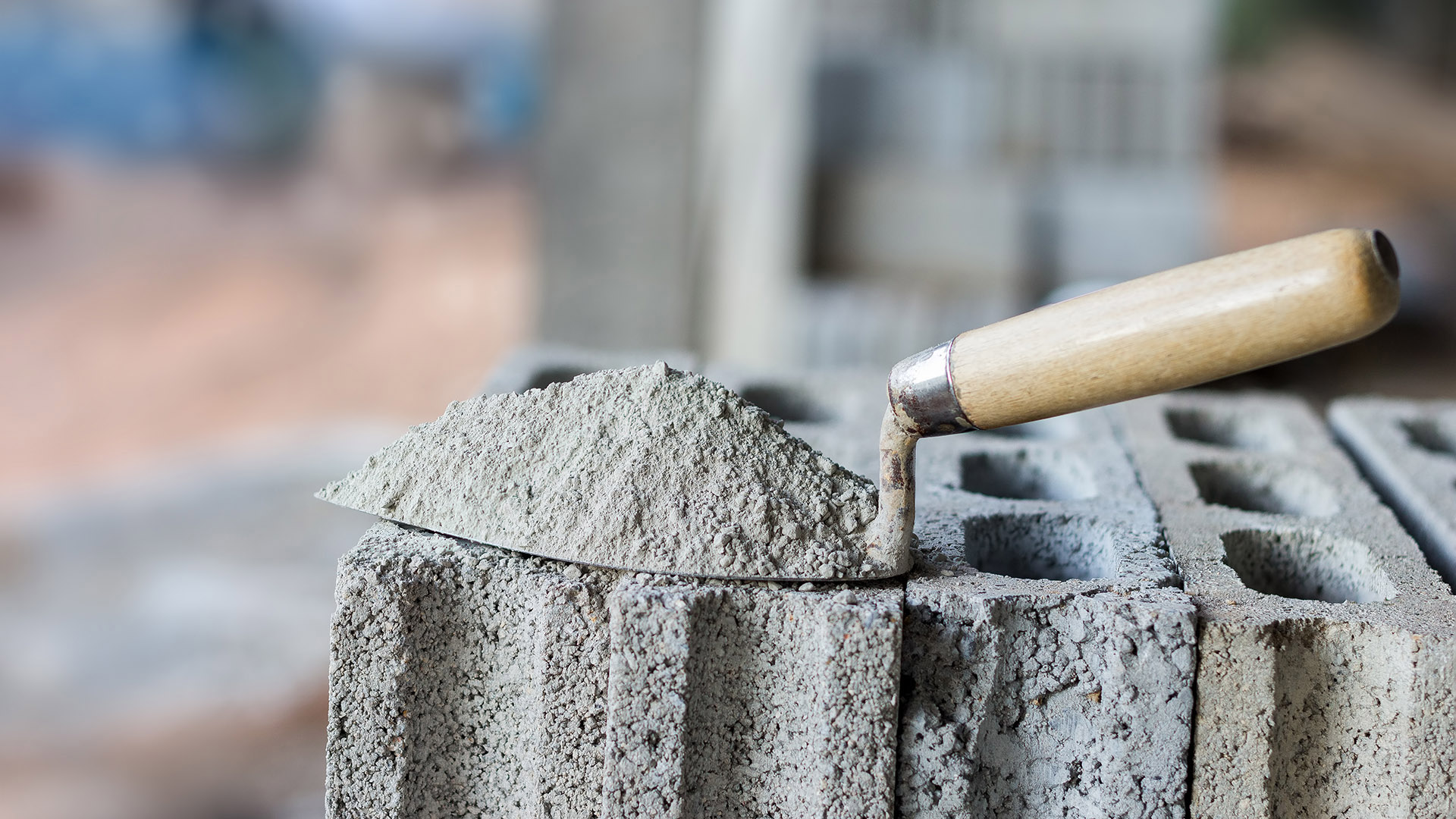
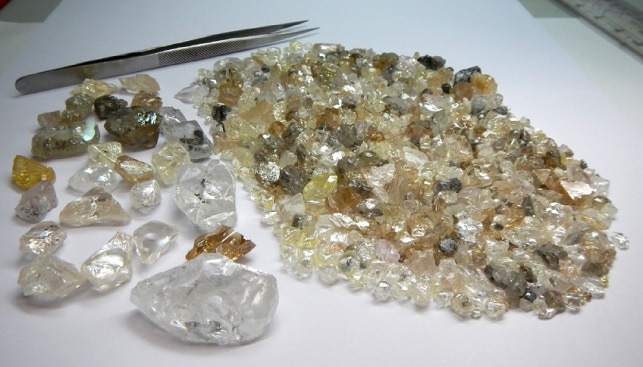
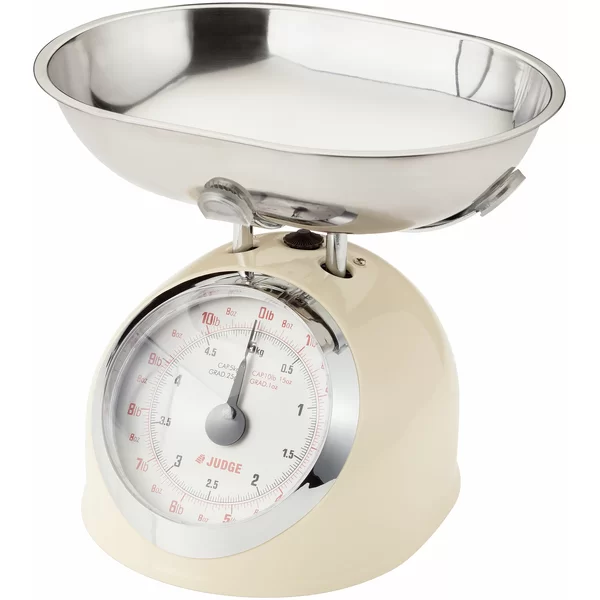

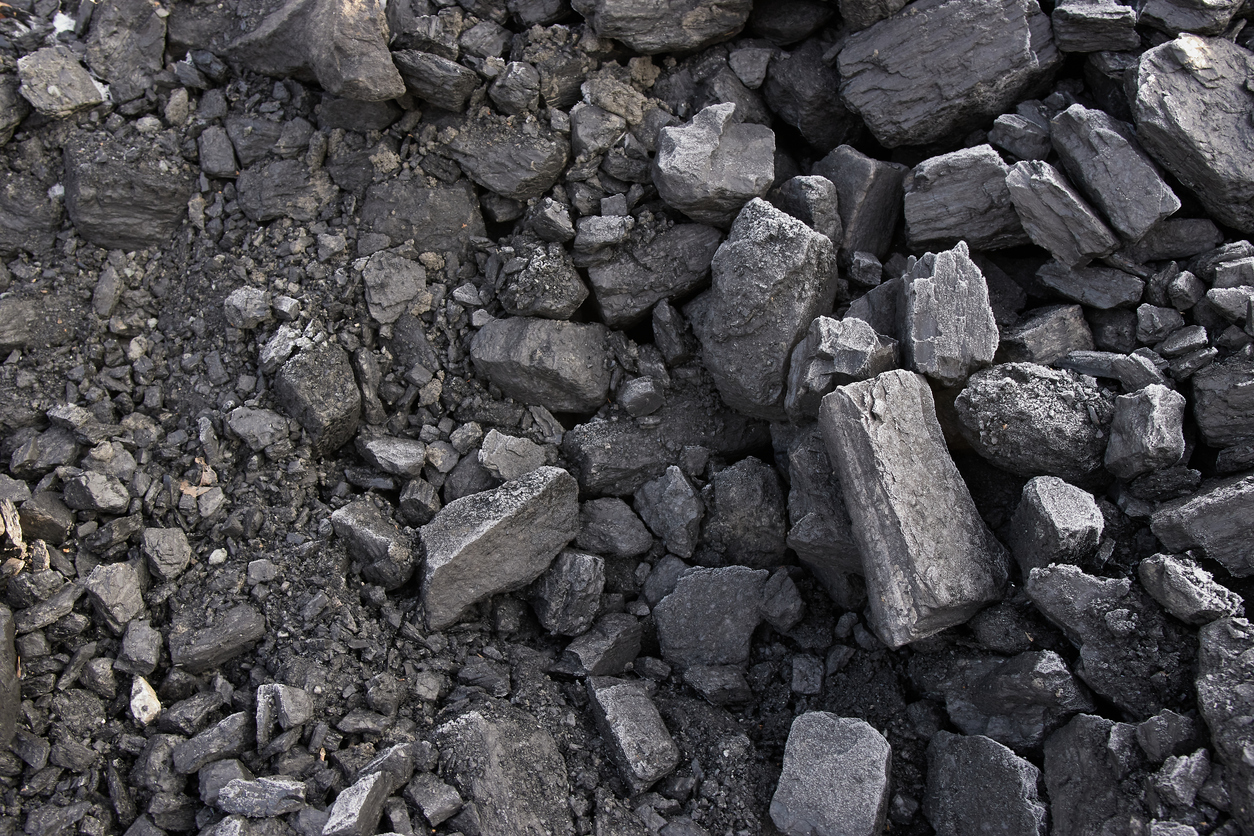
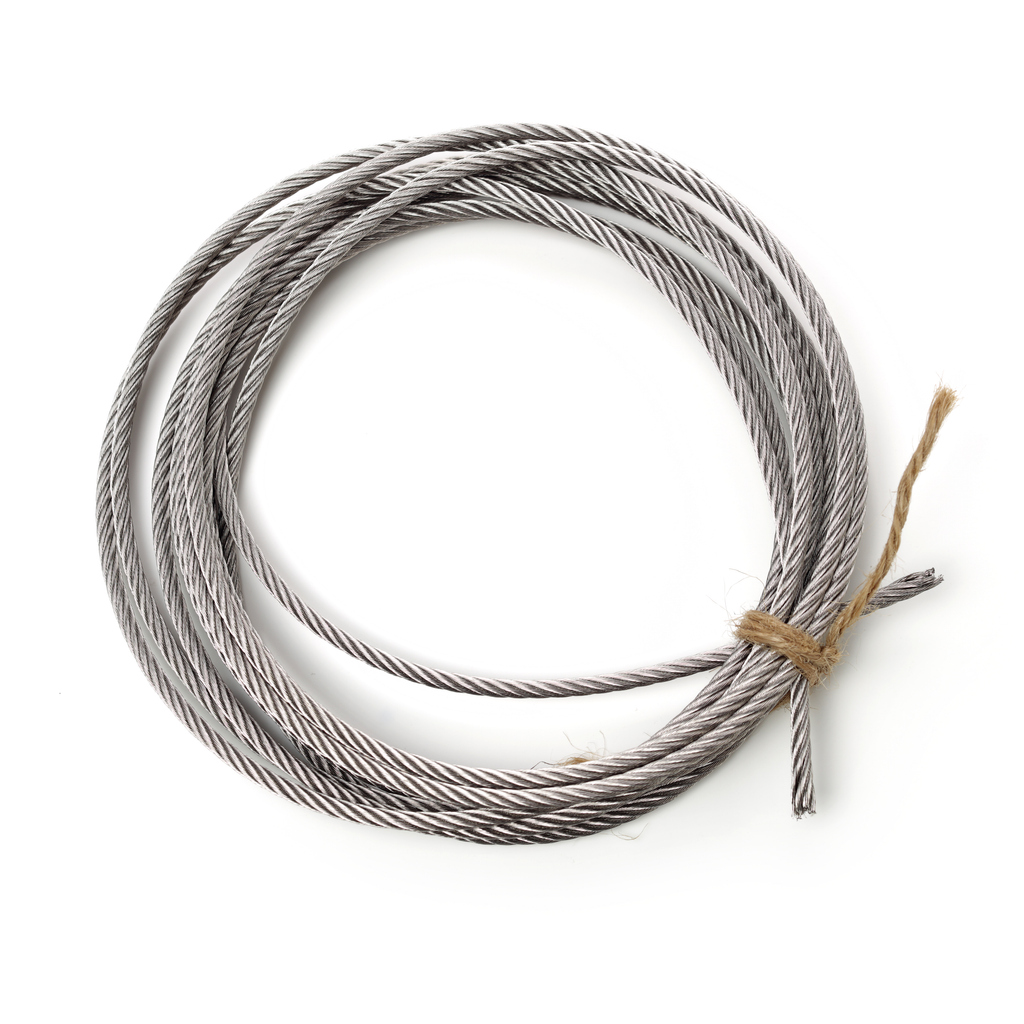
LEAVE A COMMENT
You must be logged in to post a comment.